Kidney Removal
Radical Nephrectomy (kidney removal) is another option for treatment of kidney cancer. The entire kidney is removed as opposed to a partial nephrectomy, where only the mass and a small area of surrounding tissue are removed.
Procedure
The operation is carried out under general anaesthetic at Grace Hospital.
You will be admitted on the morning of the surgery. It is important you have nothing to eat or drink for at least six hours prior to your operation.
The anaesthetist may place an epidural catheter into your back which helps with post-operative pain relief prior to putting you to sleep.
The procedure is performed through a flank incision based on either the 11th or 12th rib. Occasionally, if the tumour is very large an incision is made through the chest cavity. The kidney is mobilised and the blood vessels and ureter are ligated prior to its removal.
The wound is then closed with absorbable sutures. A drain is not usually required.
The operation takes around 2 hours and the usual hospital stay is about 5 days. A urinary catheter is usually required for the first few days and this will be put in when you are asleep.
Post Procedure
With modern pain relief, most patients feel pretty good and are able to receive visitors within about three hours of the operation finishing. Because of the risk of nausea, you will only be able to have oral fluids on the day of surgery. If you feel alright the following day, you can eat as normal.
You will be encouraged to get out of bed on the first post-operative day - don't be surprised if you feel a little woozy initially.
A subcutaneous anticlotting injection will be used until you are mobilising. This is to prevent blood clots from forming in your legs and lungs.
Results
We usually have the cancer results within 7 to 10 days after the procedure. We realise that this can be quite an anxious time and as soon as we get the results we will phone you and let you know what they are. We usually like to see you back in the rooms about 6 weeks following the procedure.
Risks and Complications
All surgical procedures are associated with some risk. General risks include:
wound infection,
blood clot formation
and pneumonia
but in practice these are rare. The specific risks relating to partial nephrectomy are outlined below.
Intraoperative complications
The main potential intraoperative complication is the risk of significant blood loss requiring a blood transfusion. The average blood loss from this procedure over the last 10 years is around 500ml and it is very rare (<1%), to have to transfuse anyone. Having said that, if you need it you will get it!The kidney sits high up underneath the rib cage and it is quite common to enter the chest cavity when approaching the kidney. The chest cavity is closed and there are usually no consequences for this. Very occasionally a patient will need a drain from the chest cavity for 2 or 3 days.
The kidney sits very close to other organs which include the spleen, pancreas, and large bowel on the left-hand side and the duodenum on the right. It is very rare to have injuries to these organs but this is always a possibility particularly if the tumour is very large.
Post-operative complications
The main risks following this procedure relate to the wound and are due to the particular anatomy of the nerves that supply the flank muscles.Flank bulge
A number of patients will experience a bulge in the flank at the site of the wound. This occurs because the nerves that supply the flank muscles (intercostal nerves), run straight across the wound and need to be divided in order to allow access to the kidney. If only one of these nerves runs across the wound then there is usually no issue, if there are 2 then it is not usually a problem but if there are 3 most people will develop a bulge. This is usually not uncomfortable but can look a little asymmetrical. It is not a hernia. If it is a problem sometimes a mesh repair may be required.Numbness
Because sensory nerves are cut many patients develop an area of numbness below the wound. Often this gradually decreases in size with time and in most patients, it is not an issue.Neuroma
In a minority of patients, the cut ends of the intercostal nerves sprout abnormal fibres during the healing phase. This is called a "neuroma". Whilst this is rare it can be very uncomfortable and treatment may be difficult.Renal function
If you have a normal kidney on the other side there is usually no consequence to removing a kidney. About one in 1000 people are born with only one kidney and lead perfectly normal lives, often not even knowing that they have only a single kidney.
Return to work
This depends on your job. In the first few weeks post-operatively, most patients get very tired in the afternoons. If you have a desk job you could expect to be back at work after about 4 weeks. If you do a very physical job it may take up to 12 weeks before you are ready to return to work.
Follow-up
The removed kidney will be examined by the pathologist and we will let you know the results as soon as we have them. This is usually within two weeks postoperatively.
Your further follow-up and screening from the cancer point of view will be personalised and we will discuss this with you at your follow-up appointment.




